Recent advances for cancer detection and treatment by microfluidic
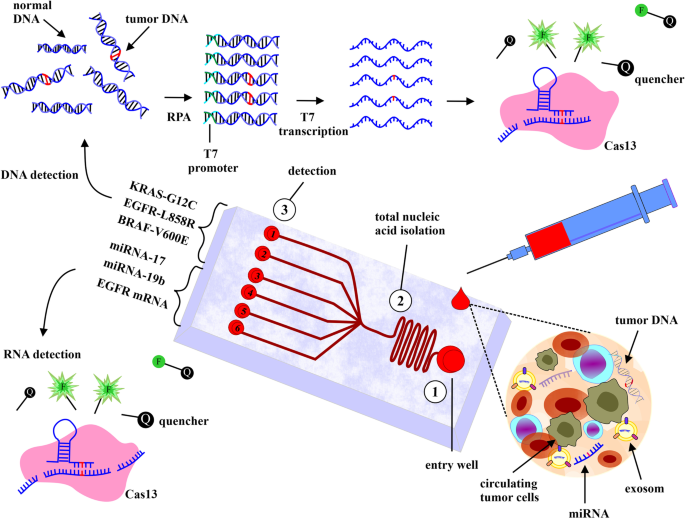
Numerous cancer-associated deaths are owing to a lack of effective diagnostic and therapeutic approaches. Microfluidic systems for analyzing a low volume of samples offer a precise, quick, and user-friendly technique for cancer diagnosis and treatment. Microfluidic devices can detect many cancer-diagnostic factors from biological fluids and also generate appropriate nanoparticles for drug delivery. Thus, microfluidics may be valuable in the cancer field due to its high sensitivity, high throughput, and low cost. In the present article, we aim to review recent achievements in the application of microfluidic systems for the diagnosis and treatment of various cancers. Although microfluidic platforms are not yet used in the clinic, they are expected to become the main technology for cancer diagnosis and treatment. Microfluidic systems are proving to be more sensitive and accurate for the detection of cancer biomarkers and therapeutic strategies than common assays. Microfluidic lab-on-a-chip platforms have shown remarkable potential in the designing of novel procedures for cancer detection, therapy, and disease follow-up as well as the development of new drug delivery systems for cancer treatment.
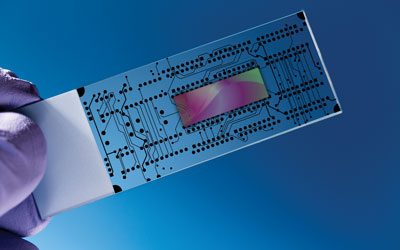
Microfluidic technology: the next-gen drug discovery tool
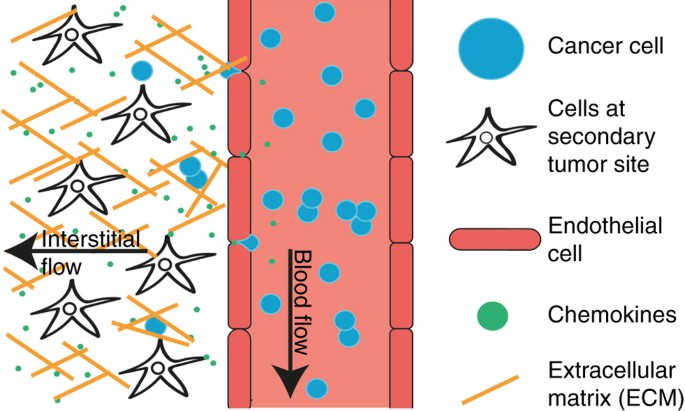
A review of microfluidic approaches for investigating cancer extravasation during metastasis

PDF] Multifunctional microfluidic chip for cancer diagnosis and treatment

Microfluidic chips: recent advances, critical strategies in design, applications and future perspectives

Hand-held zoom micro-imaging system based on microfluidic chip for point-of-care testing (POCT) of vaginal inflammation - IEEE Open Journal of Engineering in Medicine and Biology (OJEMB)
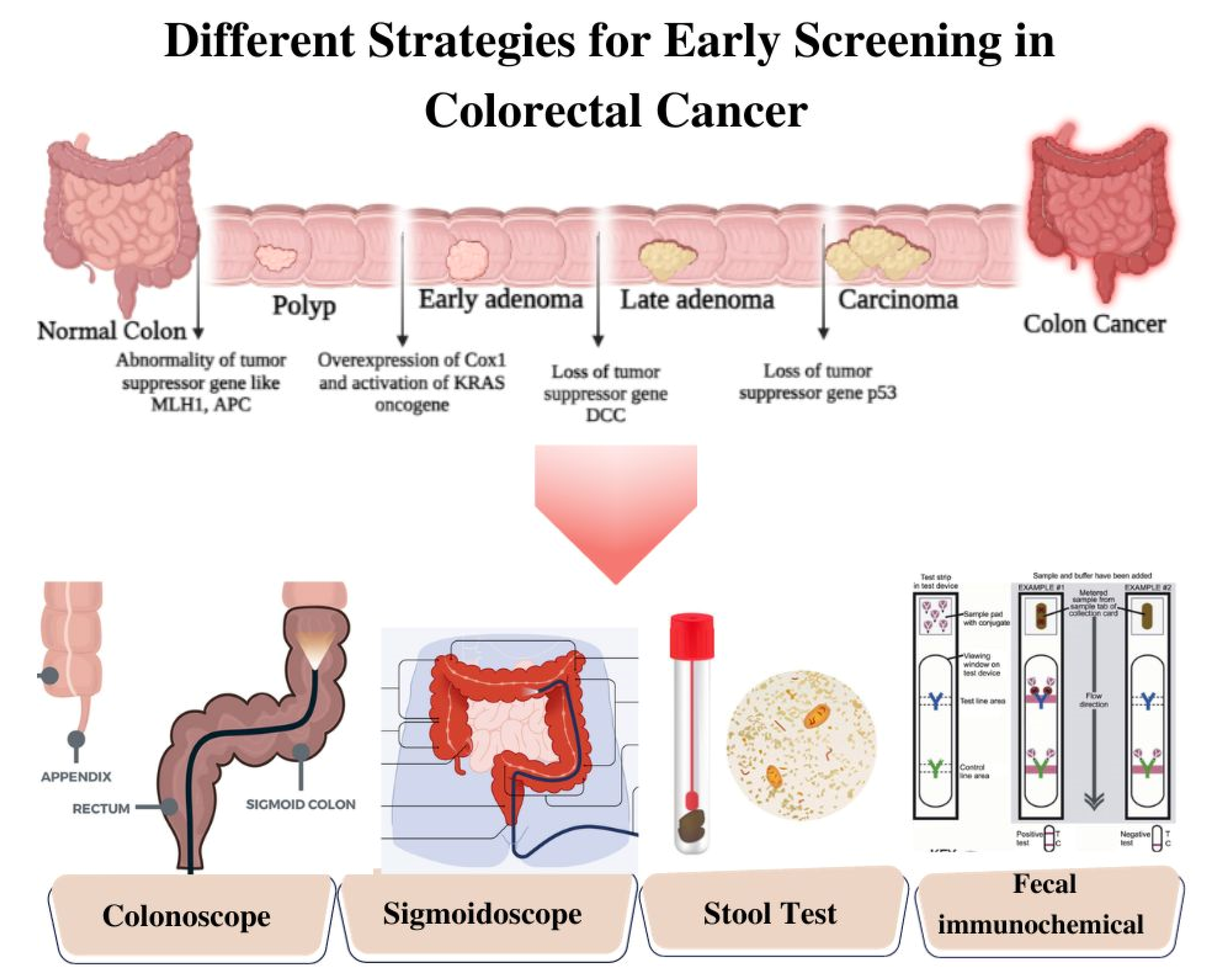
Colorectal Cancer Screening and Diagnostics

New microfluidic device offers means for studying electric field cancer therapy, MIT News

Ultrasensitive microfluidic chip helps predict whether lung cancer treatment is working – Physics World

Microfluidic Technologies for Head and Neck Cancer: From Single-Cell Analysis to Tumor-on-a-Chip

Magnetic bead manipulation in microfluidic chips for biological application

New Device Rapidly Detects Circulating Tumor Cells
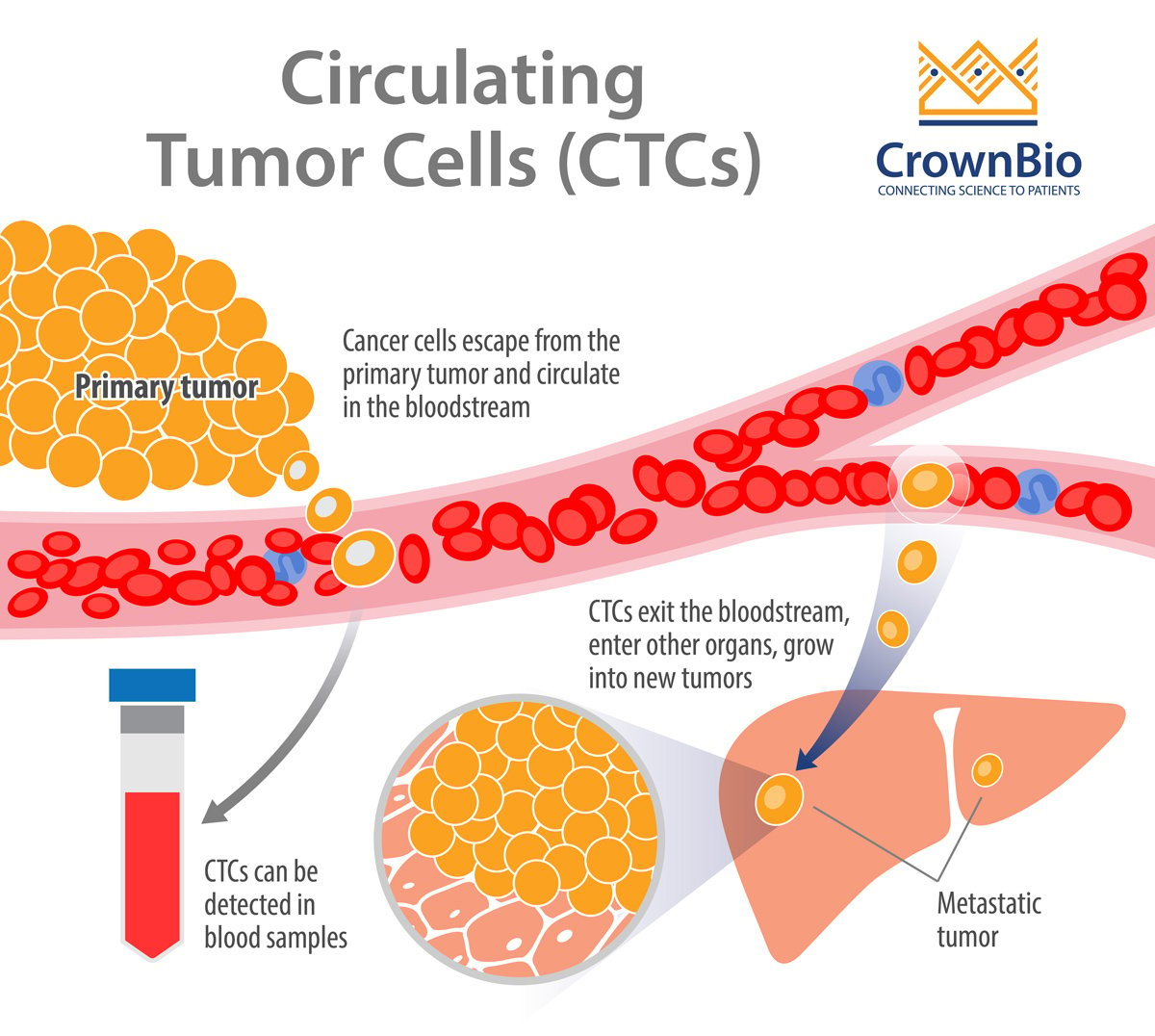
Circulating Tumor Cells in Preclinical Mouse Models of Metastasis









